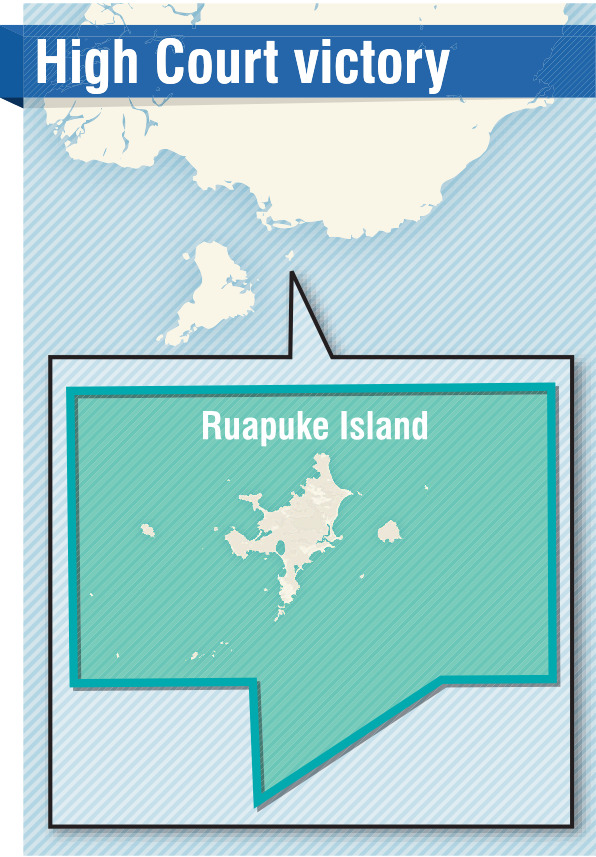
In a statement on Friday, the group said in 2017, Melvin Cain, Jasmine Stewart, Christian Fife and Colin Topi lodged applications to the Court under section 98 of the Act. The applicants represented descendants of the Kīhau, Topi and Whāitiri whānau on behalf of all landowners.
Rick Fife, of the Topi whānau, said the decision confirmed the significant relationship whānau had to the Ruapuke Island group, in Foveaux Strait.
Under the Act, customary marine title recognised a group’s authority over a defined marine area based on ancestral connection, tikanga and exclusive use.
It does not create private ownership but instead affirms mana tuku iho (inherited authority) and provides legal standing to participate in decisions affecting the marine environment.
Ailsa Cain, of the Kīhau whānau, said the application
was carefully considered to reflect traditional and long-held uses of the islands and their surrounding waters.
The ruling also recognised that Ruapuke whānau had exclusively used and occupied the takutai moana since 1840, with no substantial interruption.
The Court emphasised whānau had consistently demonstrated their mana and guardianship of the area through continued protection of biodiversity, management of the area’s fisheries and controlling access to the islands.
In its decision, the Court also invited the applicants to submit a draft order under section 109 of the Act, to formally give effect to the now-granted customary marine title. This would allow the group to have a say on resource consent applications, protect wāhi tapu and continue exercising its customary rights with legal recognition.
The takutai moana, or the common marine and coastal area, is the area starting from the mean high-tide mark, and ending 12 nautical miles out to sea, though the Ruapuke Island Group application area did not extend that far.
Amendments to the Act are before Parliament. These are due to be passed by October. — Allied Media












